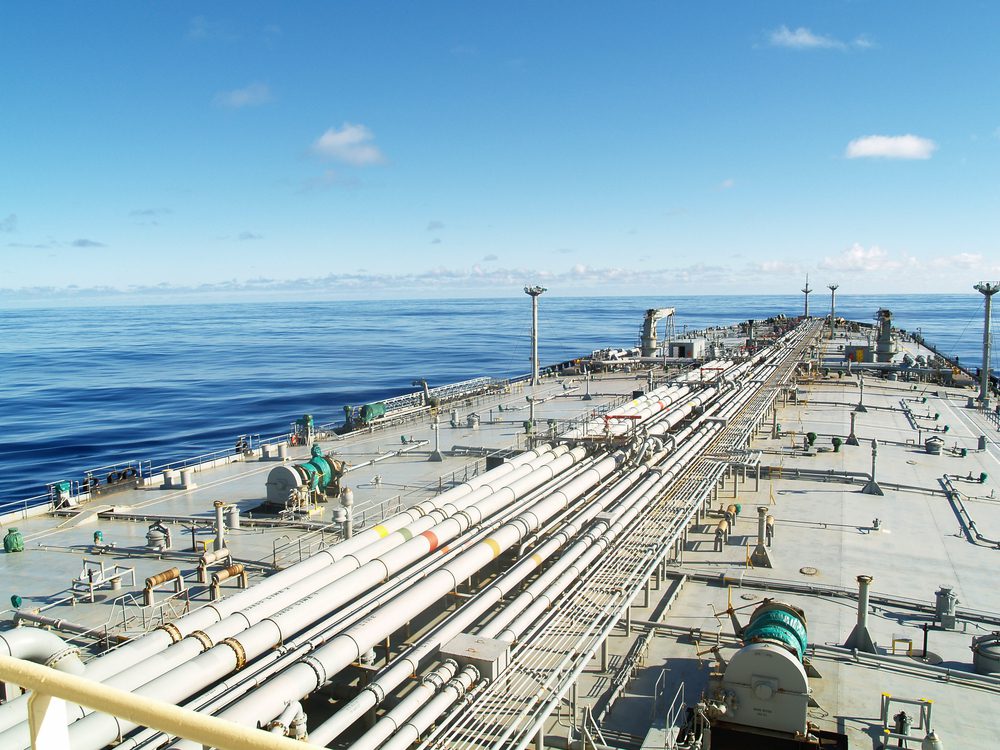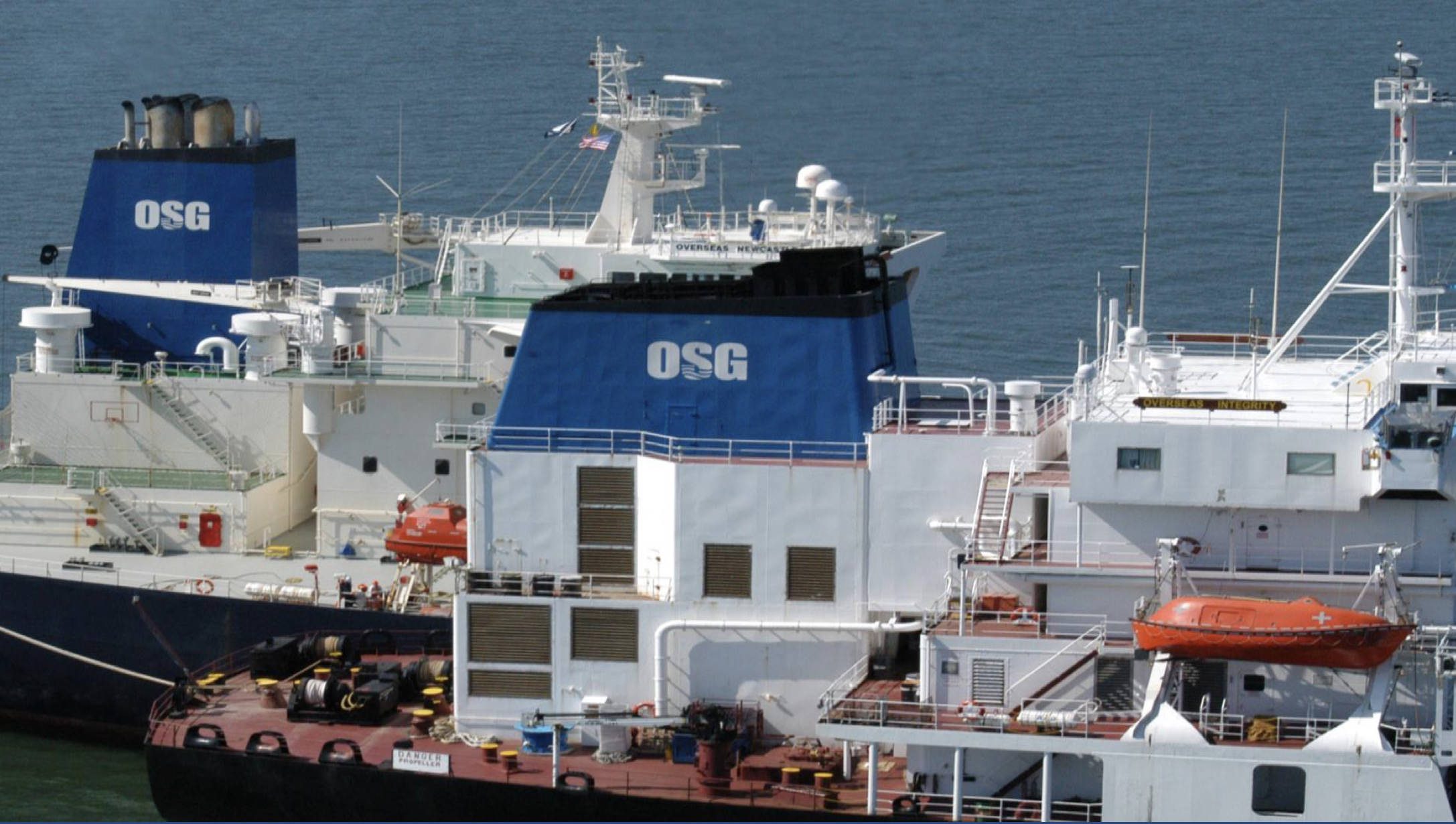By Grant Smith
Oct. 29 (Bloomberg) — Everyone in the oil market should stop panicking because crude supply and demand will return to equilibrium, OPEC’s Secretary-General said.
Members of OPEC, who pump about 40 percent of the world’s oil, aren’t waging a price war and haven’t demanded an emergency response to the plunge in oil futures, Abdalla El-Badri said at the Oil & Money conference in London today. While the direction of oil prices, which have collapsed about 25 percent since June, remains unclear in the short term, they will have to rebound to guarantee long-term supply, he said.
“We don’t see really fundamental changes in the supply side or the demand side,” El-Badri told reporters during a briefing at the event. “Unfortunately everyone is panicking. The press is panicking, consumers are panicking. We really should think and see how this will develop.”
Crude collapsed into a bear market this month as Saudi Arabia and other producers deepened price discounts for their oil. U.S. crude production climbed to the highest level in at least 31 years last week as the shale boom moved the country closer to energy independence. Consumption will increase this year at the slowest pace since 2009, according to the International Energy Agency.
The Organization of Petroleum Exporting Countries itself doesn’t face a “critical situation” as a result of the price slump, El-Badri said. OPEC’s collective output in 2015 will remain close to this year’s level of about 30 million barrels a day, he said.
This is in line with the 12-member group’s current output target, which it will review at its next meeting on Nov. 27 in Vienna. “We are not seeing a clear picture of what the direction of price will be, even in November,” El-Badri said.
Investment Risk
Producers of tight oil from shale rock formations will suffer first because they need higher prices to keep pumping profitably, with about 50 percent of current shale output curbed if oil remains at current levels, El-Badri said.
“If the price is declining a lot of the investment will go out of the market,” El-Badri said. “Deep areas, remote areas, many areas will be affected and this includes tight oil.”
U.S. output rose 0.4 percent last week to 8.97 million barrels a day, the most since at least January 1983, according to data available from the Energy Information Administration.
OPEC’s relaxed attitude may reflect that prices above $80 a barrel are still high enough to fund members’ spending needs, Christopher Bake, member of the executive committee and head of origination at Vitol SA, the world’s largest oil trader, said at the conference.
“Obviously there’s a lot of budgetary pressure at $80 or below, but I think a lot of the larger OPEC producers are going to take a little bit of a wait-and-see attitude,” Bake said in an interview in London. “Short term, I don’t expect much of a reaction from them.”
Brent crude, the global benchmark, rose for a second day to the highest in two weeks. Futures for December settlement rose as much as 2.2 percent to $87.94 a barrel on the ICE Futures Europe exchange in London.
–With assistance from Lananh Nguyen in London.
Copyright 2014 Bloomberg.
Unlock Exclusive Insights Today!
Join the gCaptain Club for curated content, insider opinions, and vibrant community discussions.

 Join The Club
Join The Club







![A screengrab of a map showing an earthquake Mindanao, Philippines on Dec 2, 2023. (Image: US Geological Survey [USGS])](https://gcaptain.com/wp-content/uploads/2023/12/Screenshot-2023-12-02-at-10.45.17-AM-copy.png.webp)





